#YISHREADS October 2022
By Ng Yi-Sheng / @yishkabob
A horror-themed column for Halloween? In the words of Miranda Priestly in The Devil Wears Prada, groundbreaking [1].
But I’ve chosen to go the route of cliché anyway, partly cos I’m fascinated by speculative literary takes on the paranormal, and partly cos these are genuinely fascinating works, many written by people I care about—Andrew Sutherland trusted me as an early reader for his manuscript, while Lavie Tidhar and Silvia Moreno-Garcia helped push my book Lion City in their Washington Post column [2].
Mind you, these texts don’t all fall under the horror label—included is a work of historical fantasy, as well as a volume of queer poetry—but they’re all deeply indebted to the genre. Plus, they’re all strange and complex—I’d thought about sharing my reviews of Junji Ito’s cosmic horror graphic novel Hellstar Remina [3] and Luke Somasundram and Ethan Sim’s Lovecraftian satirical single-issue comic Rebranding for Sea Monsters [4] but as delightful as they were, I found I didn’t have anything too deep to say about their contents.
So here are five works spanning four continents, by a Malaysian, an Australian, an Israeli-Brit, a Mexican-Canadian and a Thai, all exulting in the uncanny, the bizarre and the spooky, exploring themes of family trauma, race, nationalism, disease, and cultural displacement. Horror isn’t just for chills, after all—it encompasses multitudes.
Black Water Sister, by Zen Cho
ACE, 2021
Another cliché, I’m afraid: ethnic Chinese authors from Malaysia and Singapore have a habit of publishing works about sinister female hantu, as in the case of Choo Yangsze’s The Ghost Bride, Sharlene Teo’s Ponti and Meihan Boey’s The Formidable Miss Cassidy. But Cho isn't actively trying to be original with this novel. Instead, she's being real.
You see, the novel begins with a fairly universal premise: a young woman's haunted by the ghost of her recently dead grandmother. The woman, Jess, is a Penangite lesbian Harvard grad just back from the USA, and Ah Ma's less a malevolent wraith than an amusing/annoying voice in her head who makes her sleepwalk and sleeptalk in fluent Hokkien, but those details aren’t distinctive in themselves—they’re variations on a standard trope.
Shit gets real, though, once we realise Ah Ma comes from a line of Taoist mediums, which soon enough includes Jess... who, in the middle of the novel (SPOILER ALERT) becomes the vessel for the titular Black Water Sister, a martyred woman-turned goddess, named after the Ayer Hitam area, vengeful and violent and unpredictable...
All of which is astonishingly true to life. Friends will know I've been studying the histories of Singaporean Taoist folk goddesses like Lin Guniang and Huang Guniang, each of whom have histories of being restless, vicious spirits appeased through worship. A lot of the shrine and trance practices are true to life and narrated matter-of-factly, not rendered fantastical or science-fictiony, the way RF Kuang and Xiran Jay Zhao reimagine Chinese spirituality. I’d argue that this could be called Taoist literature, drawing on contemporary Chinese folk religion as authentically and respectfully as a whole line of Western horror writers have used Christianity.
Penang friends also assure me that the setting is 100% accurate—the transliteration of Hokkien dialogue, the gentrification of shophouses into cafes, the way a datuk gong (specifically portrayed as a Malay man, yay for some representation) craves nasi dalcha. And as a Chinese person, I can't help but feel like the real horror (not the nightmares of murder and the ritual possessions) lies in the family dynamics: the way your loved ones betray and lie to you, the fear for your ageing parents' mortality and potentially lost dignity, the terror of coming out.
Plus, as a Singaporean, there's also the oddness of seeing, as in quite a number of other Southeast Asian novels, how my own country ends up representing a haven of security and civilisation for lost, culturally confused souls. It's where Jess's girlfriend Sharanya stays, where she can be out to her family, where Jess has the possibility of living a freer life. Nice that we can be a quasi-utopia for some folks, at least in their imaginations. Better that than being utterly unlovable.
Paradise (point of transmission), by Andrew Sutherland
Fremantle Press, 2022
Yeah, of course I'm biased in favour of this book—I got to know the poet while he was a LaSalle student, volunteering backstage at Becca d'Bus's drag shows; published some of his pieces in EXHALE: an Anthology of Queer Singapore Voices; then got approached for advice on his manuscript and received this complimentary copy in thanks. But I really do think this is an important and valuable collection, especially if you're into queer or Singaporean literature.
Sutherland wrote most of these pieces while in Perth, but they're principally reflecting on the psychic aftermath of contracting HIV in Singapore in 2014. And though the work draws from global culture (Norse mythology, Inca archaeology, Buffy the Vampire Slayer and a plethora of Hollywood horror films), Singapore echoes throughout the text: footage of Paddy Chew’w completely with(out) character; [5] dedications to director-playwright Edith Podesta at Robertson Quay and actor Koh Wan Ching at the Esplanade; a statue of Guanyin bought by his parents as a tourist souvenir; the 2019 data leak from the registry of PWAs [6]. Also various intersections with Asia: conversations with his Taiwanese boyfriend; the scholarship to study Chinese opera in Shanghai, lost because of his infection; the motif of the jiangshi, or Chinese vampire; the Japanese costume designs of Francis Ford Coppola’s Dracula.
Ah, but that's just why it feels so relevant to me as a reader. The reason why the poems are good is cos they're both deeply passionate and intellectually complex: they come from a place of real pain and systemic/pandemic oppression (Singapore's deportation of HIV+ people; incompetent phlebotomists; the paranoia of being immunocompromised during Covid-19) while also being stylistically experimental and varied (references to Julia Kristeva and José Esteban Muñoz and Ingmar Bergman and Pier Pasolini)—and even the self-awareness that it's patently ridiculous for a guy of his generation to have made references to such texts while stoned out of his mind at orgies. This book has all the angst and power of a first collection and all the polish and sophistication of a mature writer. Heavy is the head, heavy is the heart, as he says in the poem "Youth".
And I think there's also something very interesting here about positionality and Orientalism: Sutherland's fully aware of the skeeziness of exoticism, but the Asian references in the poems feel organic and well-worn rather than foreign, as familiar as when Ocean Vuong writes about his partner's Jewishness. But then my reading's also informed by the poet's prose writings about the strangeness of being a white twink bottom who's into Asian tops! Apologies to New Criticism, but race, gender and sexual orientation do mean something when it comes to how we perceive power, how we grasp a voice.
By Force Alone, by Lavie Tidhar
Head of Zeus, 2020
Ooh, this is fun. It's a gritty retelling of Arthurian legend, comprising loads of solid historical research (this is a post-Roman 6th century Britain, almost a post-apocalyptic place, where barbarous tribes nostalgically recall the days of high civilisation in the ruins of Londinium) but also a deliberate satire of Brexit nationalism (in this era, the Anglo-Saxons led by Hengist and Horsa are the troublesome immigrants).
So we start off with an exposé of how violent the conquests of Uther Pendragon were, a depiction of Arthur as a lowlife street gangster trading in narcotic fungi, his stepbrother Kay sucking off half-giants in the Roman baths, the battles more bloody brawls than acts of chivalry. But this isn't just a Game of Thrones-style deflation of medieval romance, cos Lavie's a man who's written many genres—this whole thing's very coloured by crime fiction, but there's also fantasy (Merlin's wanderings through fairyland), science fiction (he uses Greek mathematics as a weapon of reason against Herne the Hunter, and the Grail is a radioactive meteorite that folks are profiting off through mining and machinery), even wuxia (Lancelot's an Ethiopian Jew who's trained in gongfu in Byzantium, practising moves like the Breaking of the Ten Commandments)...
And perhaps most resonantly, horror. Lavie's obsessions with World War Two and the Holocaust emerge in a hair-raising encounter with a vampiric Parsifal in a burial mound in Germania, decorated with pagan swastikas. And everywhere else, there's the casual cruelty and brutality of the powerful mining leprechaun gold, murdering the weak, performing deadly rites to enshrine membership to the Round Table. Yet there's lightness too—a palpable sense of the author's glee in desecrating the false idols of antique kingship, of British exceptionalism, and even of historical accuracy as he anachronistically quotes snatches of Trainspotting alongside his Geoffrey of Monmouth.
Plus it's epic as all hell, shifting perspectives from Uther to Merlin to Kay to Guinevere (who's the leader of her own girl gang) to the Green Knight to Gawain to Galahad to the numberless knights of gloried names as they fall in the Last Battle. It'd make a helluva TV series. Multiple seasons too: it's part of the Anti-Matter of Britain quadrilogy, and the second book, The Hood, set in 12th century Nottingham, is already out. Putting it on my shopping list!
Mexican Gothic, by Silvia Moreno-Garcia
Jo Fletcher Books, 2020
Bit of an elevator-pitch title, no? I've seen a number of explorations of the global Gothic, e.g. Edogawa Ranpo in Japan, Nick Joaquin in the Philippines, Gregory Nalpon in Singapore, Horacio Quiroga in Argentina (he's name-dropped in this story!), all evoking how the uncanny resurgence of the eldritch past can be found in the cultures of their own homelands.
Moreno-Garcia's tactic is different. For her, the Gothic is foreign, embodied by a British family, the silver-mining Doyles, who've built themselves a manor in the mist-covered mountains of Mexico, as cruel and forbidding as The Castle of Otranto and Wuthering Heights.
The year is 1950, and Noemí Taboada—a rather spoiled rich party girl from Mexico City—makes her way to this manor to check up on her cousin Catalina, who's gone either tubercular or insane after marrying Virgil Doyle (evocations of “The Yellow Wallpaper”). And in her observations of the mysterious family and their environs, our protagonist reveals herself as a high femme heroine, resourceful and knowledgeable about chemistry (her family owns paint factories) and anthropology/archaeology (her university major), by turns compassionate and sassy to the cold Englishfolk who would stifle her, and absolutely a brown decolonial force against this blond colonial (arguably neocolonial!) clan of racist tightarses.
Blurbs talk about how the novel draws on Mexican folklore, but I think that's a little misleading—there's no mention of the Aztecs or Maya (the latter of whom were central to the author's first novel, Gods of Jade and Shadow); the focus instead is on the tragic history of exploitation of Mexicans by the mining industry, with a subtle nod towards the insidiousness of gringo appropriation of indigenous culture—I refuse to be more specific, for fear of spoilers, because this really is too good a mystery to ruin, culminating in a spellbinding climax and resolution. Small wonder that this has been bought up for adaptation into a TV series!
Vampire Junction, by S. P. Somtow
Diplodocus Press, 2005
And last of all, here's an unambiguously genre horror novel, first published in 1984 and voted by the Horror Writers Association as one of the all-time greatest books—and written by a fellow Southeast Asian!
The vampire in question is the 12-year-old-presenting pop star Timmy Valentine, who's in reality a 2,000-year-old castrato attendant of the Cumaean Sibyl, cursed into unlife through a ritual at Pompeii. He's got this fundamental childish innocence (a fascination with toy trains links to the title) and beauty, especially in his voice, which has graced German operas and church choirs (sunlight and crucifixes no longer harm him). But he's also got a predator's erratic bloodlust, making him kill and feast without remorse... plus the patient wisdom of an ancient, where he's sensible enough to try to prevent the rise of further undead, and experiences an awakening of humanity that causes him to hire a Jungian psychoanalyst...
And if that isn't weird enough, there's Somtow's style, flitting between perspectives and eras within the same chapter in the mode of MTV jumpcuts. Plus the CW: gore and pedophilia—this is the dawn of splatterpunk, brains and guts all over the floor; Timmy recalls sexual acts with prima donnas and Gilles de Rais; plus the fact that one of the POV characters is a mortal boy witnessing bloody horrors visited upon his normcore suburban family. The author might get murdered on Twitter if he released the book today!
Ah, but then there's the actual Thai element, linked to Somtow's own biography. One character, Prince Prathna, is an Eton-educated Chakri Dynasty-linked aristocrat, just like himself, and he's the one who collects a cabal of British occultists from his schooldays in his Bangkok palace, adorned with Ayutthaya murals of hell and somatically diverse concubines, rustling them up to hunt down an idol held by an opium-farming hill tribe. It's a weird game of Orientalism, but I'm of the opinion that flawed representation is better than none, and he's being self-critical of his privileges (Prathna is kinda monstrous) while challenging notions of Southeast Asian poverty thirty years before Kevin Kwan.
Somtow's own career as a classical conductor also feeds into the motifs of operatic extravagance (a major POV character, Stephen, is a conductor and arsonist)... and I can't help but wonder, as someone who's experienced the sexual infantilisation of Asian men in the West, if the character of Timmy also has its origins in that kind of trauma.
Anyhow, yeah, this is Horror with a capital H, not for the faint-hearted, and pretty damn epic, too, with its surveys of history (stopovers at witch-burnings and Auschwitz) and intercontinental wanderings, all packed as flashbacks into a single year, sectioned into Spring, Summer, Autumn, Winter. But to be honest, I’m a little dismayed to discover this is just the first of a trilogy—the ending’s so brutally final that to extend the tale feels a little like like a betrayal.
Endnotes
[1] In case you don’t get the reference, here’s a clip! https://www.youtube.com/watch?v=l8h2qnRBzR0
[2] Silvia Moreno-Garcia and Lavie Tidhar. “A New Look at Science Fiction and Fantasy”, The Washington Post, 7 October 2019. https://www.washingtonpost.com › books › 2019/10/07
[3] Review of Junji Ito’s Hellstar Remina. https://www.facebook.com/ng.yisheng.9/posts/pfbid0z5X5aXufV1u5i3qyP5g4gzdCeez6LKXB7ZLULk2YqkA8gF6c7vH6UKmV4MLe3rdul
[4] Review of Luke Somasundram and Ethan Sim’s Rebranding for Sea Monsters . https://www.facebook.com/ng.yisheng.9/posts/pfbid0UY82kssYJ23FT3WRM1tNqkSUyX5irw3jokQAN2qHVnMacyarPBLSXUz7v4PBELtrl
[5] “Completely With/Out Character. The Necessary Stage. https://tnsarchives.com/productions/4988/completely-without-character
[6] Chang Ai-Lien, Fabian Koh and Salma Khalik. “Data of 14,200 people with HIV leaked online by US fraudster who was deported from Singapore.” The Straits Times, 30 January 2019. https://www.straitstimes.com/singapore/data-of-14200-singapore-patients-with-hiv-leaked-online-by-american-fraudster-who-was
Ng Yi-Sheng (he/him) is a Singaporean writer, researcher and LGBT+ activist. His books include the short story collection Lion City and the poetry collection last boy (both winners of the Singapore Literature Prize), the non-fiction work SQ21: Singapore Queers in the 21st Century, the spoken word collection Loud Poems for a Very Obliging Audience, and the performance lecture compilation Black Waters, Pink Sands. He recently edited A Mosque in the Jungle: Classic Ghost Stories by Othman Wok and EXHALE: an Anthology of Queer Singapore Voices. Check out his website at ngyisheng.com.
If you’ve enjoyed reading this article, please consider making a donation. Your donation goes towards paying our contributors and a modest stipend to our editors. Singapore Unbound is powered by volunteers, and we depend on individual supporters. To maintain our independence, we do not seek or accept direct funding from any government.






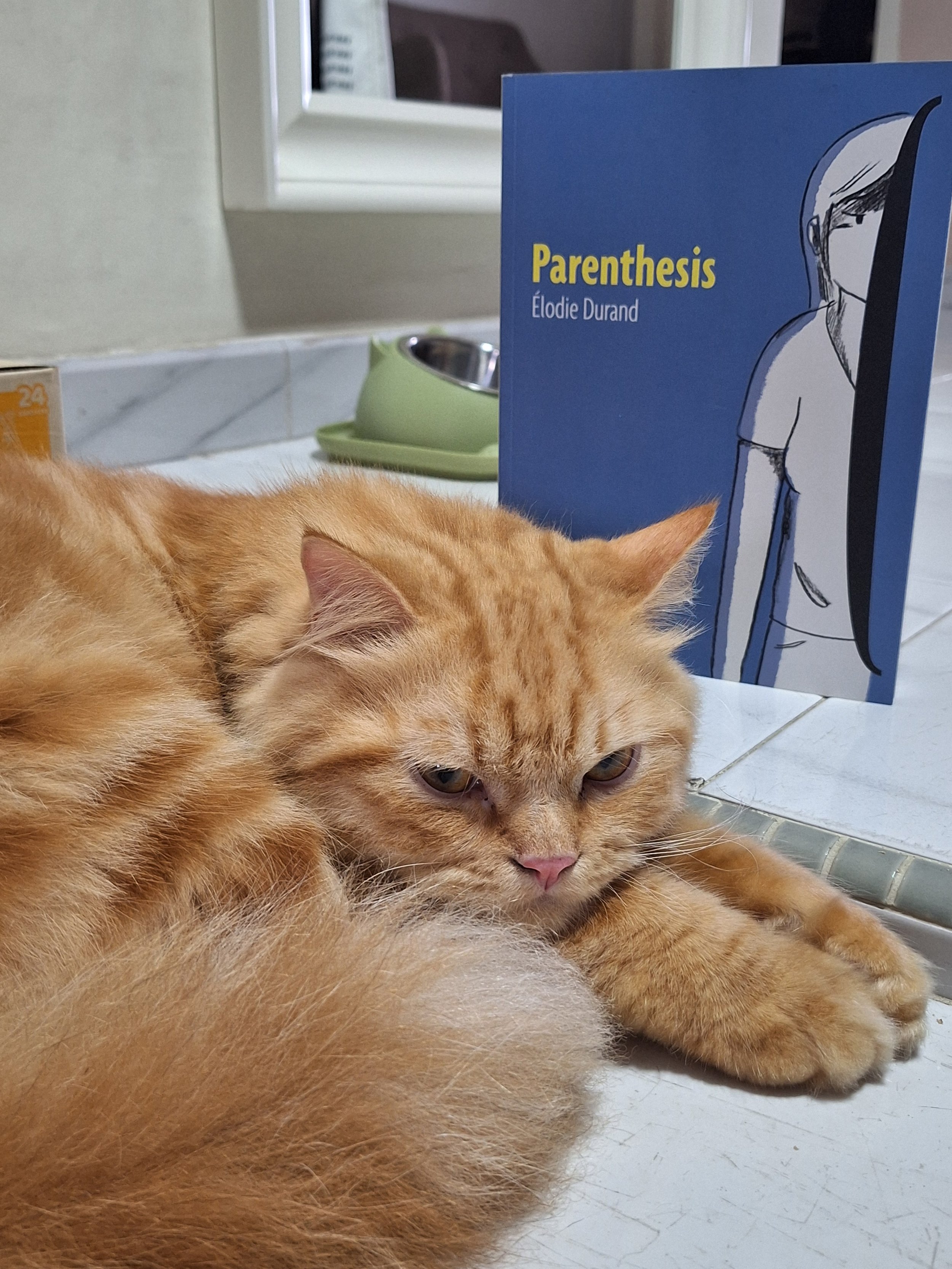
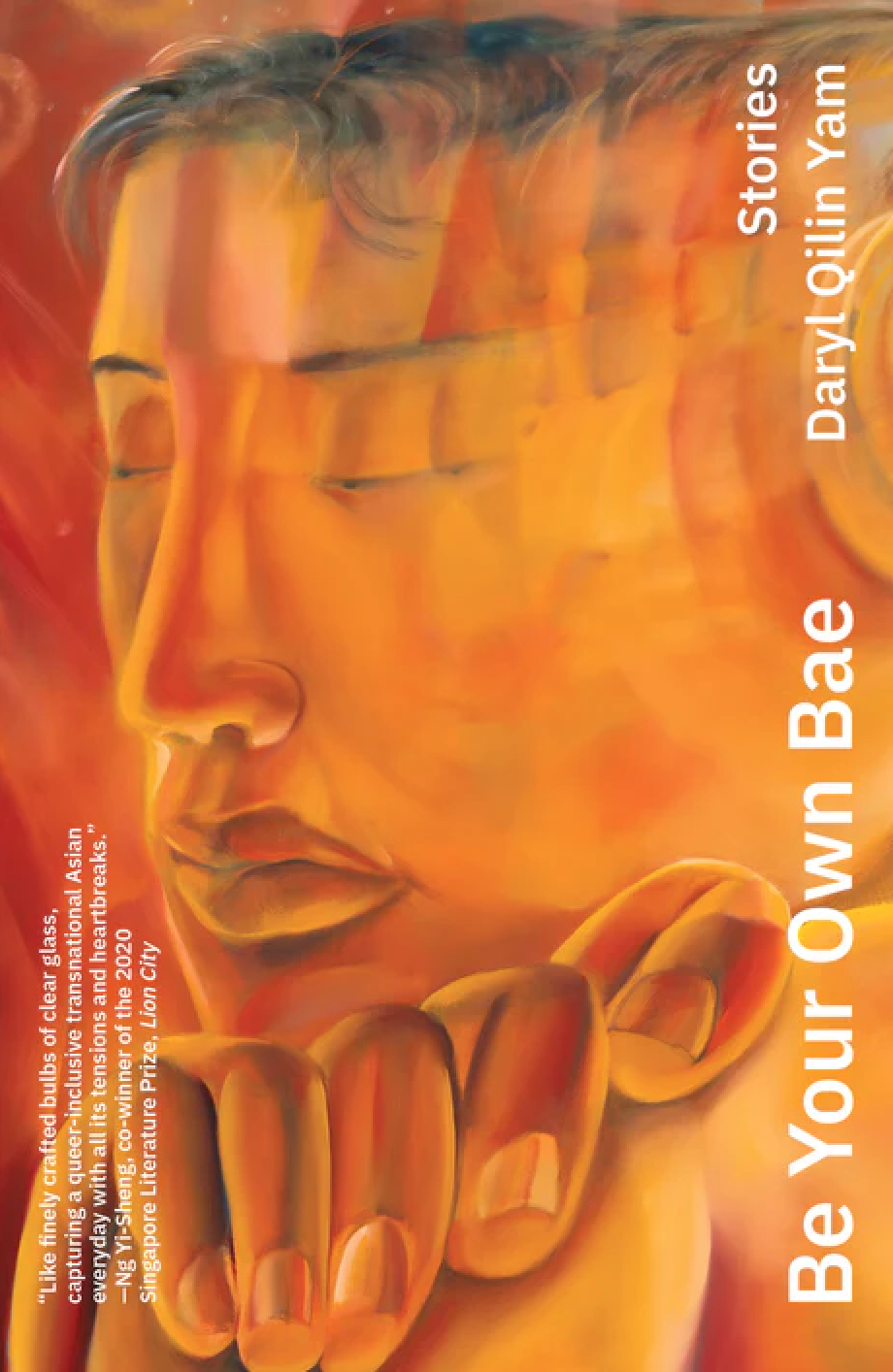
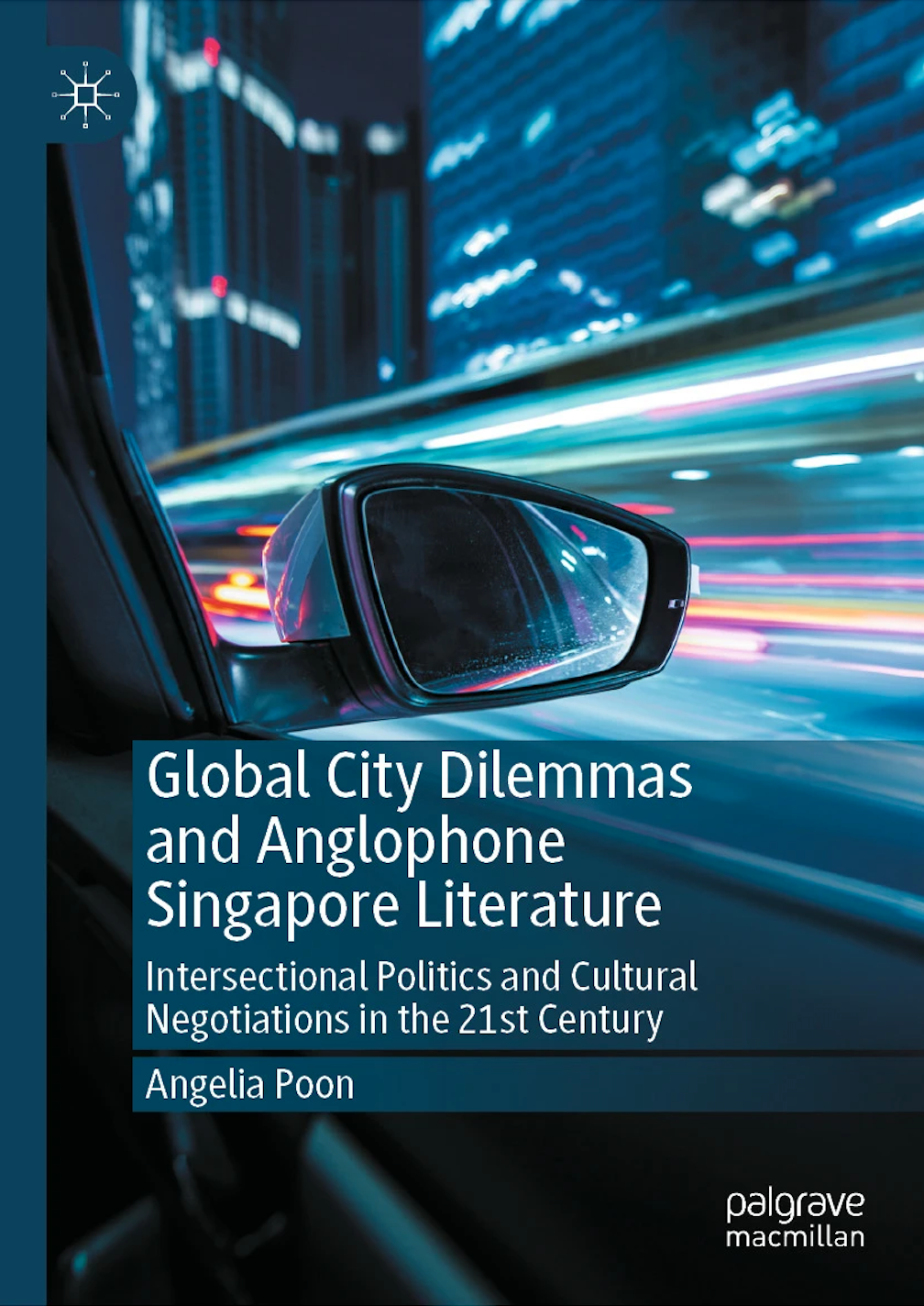
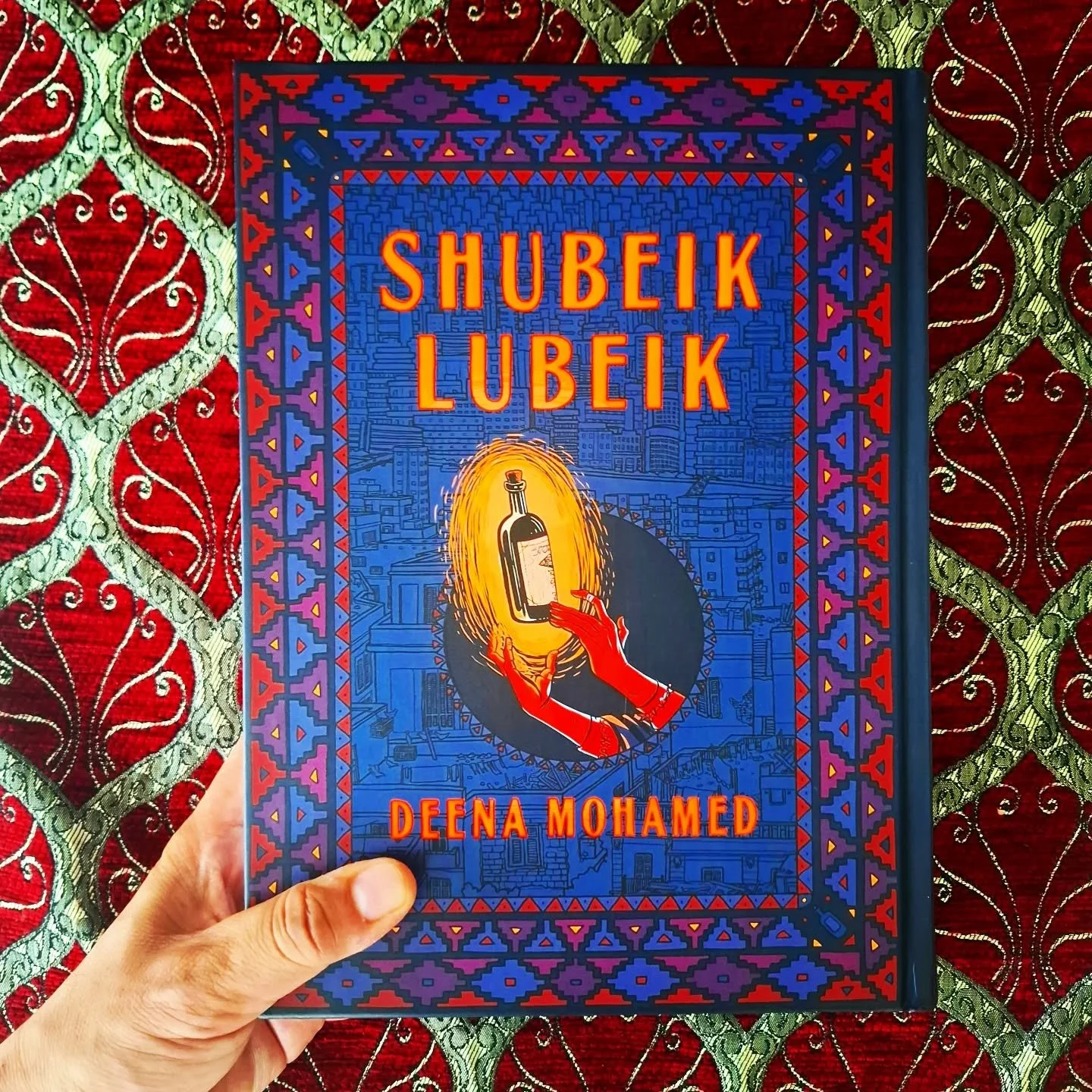



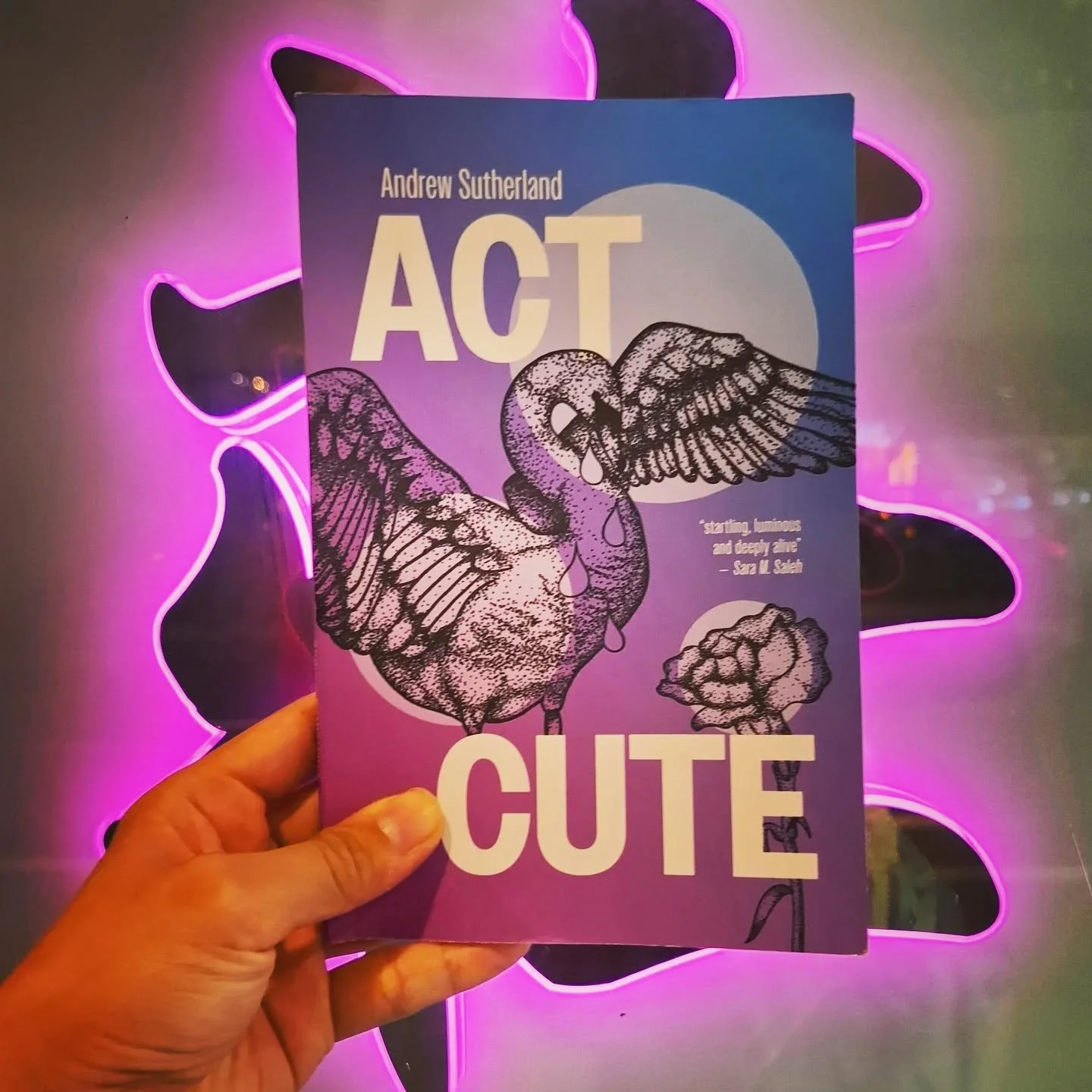
In Taiwan Travelogue, ‘twinned souls… are at once lost, but also found, in translation.’ A review by Eunice Lim.